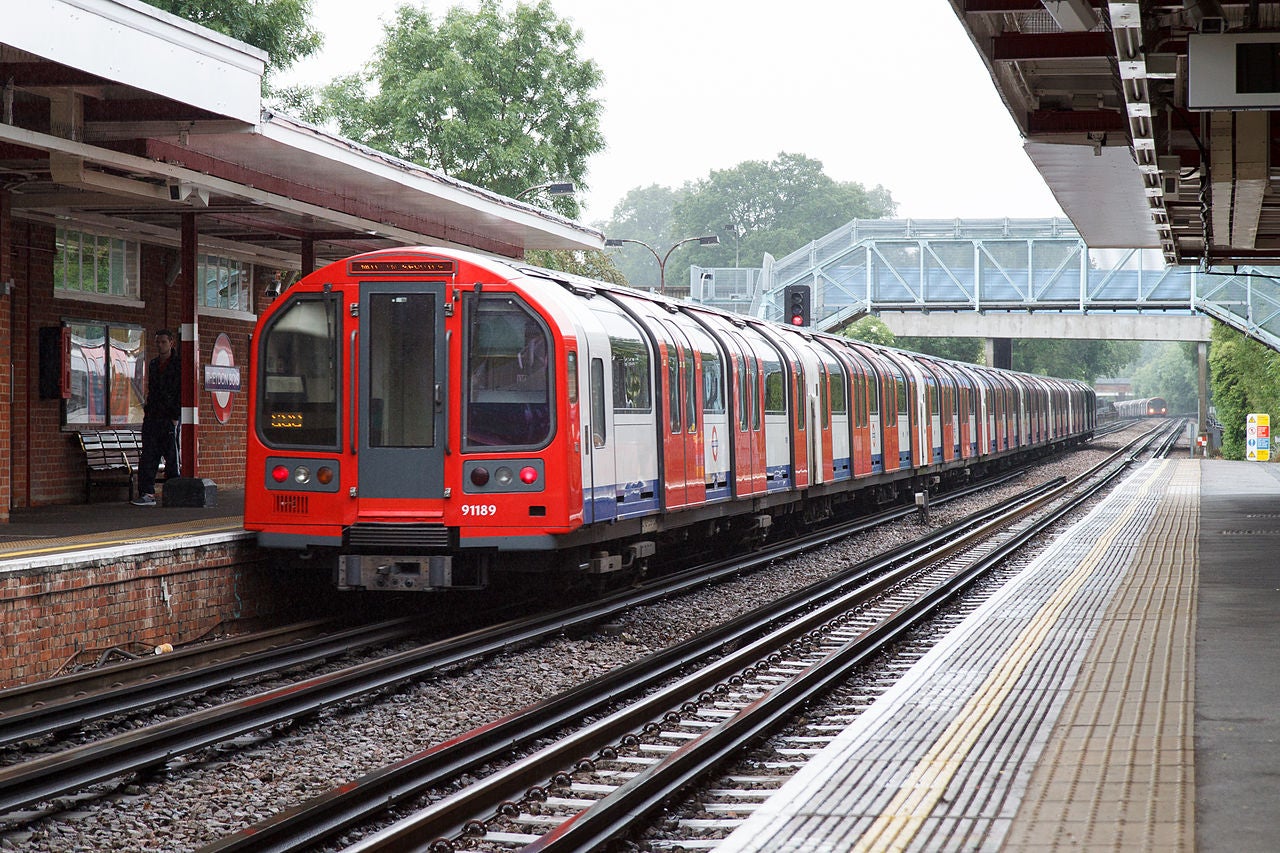
The UK Government has ended the rail franchising model after more than two decades as part of its efforts to reform the railway system in the country.
As part of the move, the franchising model was replaced with the Emergency Recovery Measures Agreements (ERMAs), an arrangement that will help railways continue operations during the Covid-19 pandemic and help in shaping an effective railway operating structure.
The ERMAs updates the Emergency Measures Agreements, which was signed in March to provide relief to train operators.
The new agreements will allow the operators to work with other train companies to drive down capital costs.
The UK Department for Transport (DfT) will also continue to cover loss risks and revenue of the companies and pay them management fees of up to 1.5% of the cost base of the franchise before the pandemic began.
However, the arrangement comes with tougher performance targets, including punctuality and passenger satisfaction among others.
Commenting on the rail franchising model, UK Transport Secretary Grant Shapps said: “The model of privatisation adopted 25 years ago has seen significant rises in passenger numbers, but this pandemic has proven that it is no longer working.
“Our new deal for rail demands more for passengers. It will simplify people’s journeys, ending the uncertainty and confusion about whether you are using the right ticket or the right train company.
“It will keep the best elements of the private sector, including competition and investment, that have helped to drive growth, but deliver strategic direction, leadership and accountability.”



